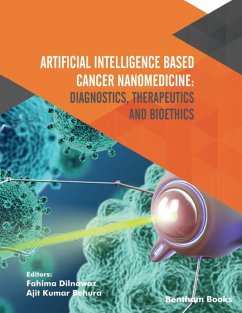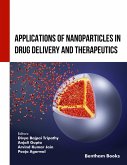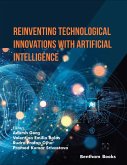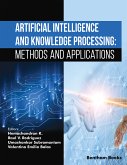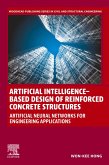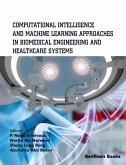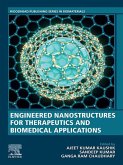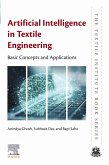This book gives a comprehensive explanation of the role of machine learning and artificial intelligence in cancer nanomedicine. It presents 10 chapters that cover multiple dimensions of the subject. These dimensions are:
- The need of AI and ML in designing new cancer drugs
- Application of AI in cancer drug design
- AI-based drug delivery models for cancer drugs
- Diagnostic applications of AI
- Intelligent nanosensors for biomarker profiling
- Predictive models for metastatic cancer
- Cancer nanotheranostics
- Ethics of AI in medicine
Contributions have been made by 16 researchers who are experts in pharmacology and drug design. The contents of the book bridge knowledge gaps between the fields of biomedical engineering, pharmacology and clinical medicine, with a focus on cancer treatment.
The book serves as a reference for scholars learning about cancer diagnostics and therapeutics. Biomedical engineers who are involved in healthcare projects will also find the concepts and techniques highlighted in the book informative for understanding modern computer-based approaches used to solve clinical problems.
Dieser Download kann aus rechtlichen Gründen nur mit Rechnungsadresse in A, B, BG, CY, CZ, D, DK, EW, E, FIN, F, GR, H, IRL, I, LT, L, LR, M, NL, PL, P, R, S, SLO, SK ausgeliefert werden.

